|
Remembering Dick Harmon My early encounters with Dick Harmon at the Industrial Areas Foundation (IAF) office in Chicago in 1970 reflected my respect for the role he played in the organizing work of IAF. His status as a central figure in the IAF pantheon of story tellers and agitators was undisputed. Dick emerged as a prime mover in the career I was plunging in to. After Saul Alinsky died, Dick served as one pole of the Chambers/Harmon duality in which styles contrasted and visions sometimes conflicted. My wife Kaz, herself swept into the IAF vortex working with the Citizens Action Program, credits Dick with bringing the two of us together (and told him so at Ed Chambers’s funeral) for what was to become our lifelong partnership. For a serious man Dick had a great sense of humor. (He managed to incorporate Lenny Bruce into some of the early training sessions he led!). For a humorous man he held fast to a serious commitment to the difficult, sometimes tedious work of relationship building and community organizing. Some of his qualities (virtues) appeared fully formed to me only as we reconnected toward the end of his (and my) life. Our conversations ranged from the deeply personal to projects we were working on that piqued our mutual interests. In truth, neither of us had given up on organizing as a life’s calling. Both of us were acutely aware of the limitations of our own efforts (not to mention IAF’s). —————-- Now, in the twilight of my own life, I’m filled with gratitude for having known Dick Harmon. For over five decades his generous spirit and uncompromising integrity always shone through . I’m especially grateful that he and I were able to share so much in our later years by telephone and written word bringing full circle our relationship in a way entirely unexpected and therefore cherished by me as a grace-filled gift. Dick Harmon figures prominently in early chapters of my book published by Greg Pierce and ACTA Publications - Sometimes David Wins: Organizing to Overcome Fated Outcomes. My spirits rose when Dick praised my efforts to capture some of the highs and lows of the organizing work to which we both committed so deeply. Rest in peace, mentor, colleague, and friend, Dick Harmon.
0 Comments
A welcome and unexpected recognition:
"Let me be the first to congratulate you on receiving a book award from the Catholic Media Association (aka Catholic Press Association) for your ACTA book in 2022." Greg Pierce, Editor and Publisher, ACTA Publications Orrin T. Pierson was one of three uncles on my father's side who passed away before I was born. I know them only through personal remembrances, photographs, letters and other writings. I write about Orrin again here because across the decades he plays such a prominent role in my own reflections on life's triumphs, tragedies, frustrations and regrets. I am especially drawn to him by a book of his columns that Cousin Sue thoughtfully sent my way several years ago. His commitment to both writing and farming - transposed to my life and work - puts him right at the heart of some of the personal and professional tensions I've experienced over the years. So below I try to summarize a bit of his role in work and community as something that resembles a foundation for the book I'm struggling to author about my life in Oracle, AZ. Orrin hired on as Farm Editor and thrice weekly columnist for the Middletown Times Herald. His columns were run as entries in “The Gleaner” through which he emerged as the town’s master story teller. Sensitivity to the rhythms, demands, frustrations and rewards of farming suffused his writing. In those thousand or more columns, Orrin’s honesty about his own shortcomings along with celebrations of his hard won triumphs enlivened his work. Perhaps to some farmers in the region he was welcomed as a sort of prodigal son returning to his father’s birthplace from an extended sojourn in Denver, Colorado and the American West.
What strikes me in reading Orrin’s columns collected in Off Our Back Stoep, The Chronicle of a Farmer’s Year is their grounding in acute observation of farm and community life - along with wit, heart and wisdom. I suspect hIs efforts helped the broader community better understand itself, shape its identity and lean in to the future more confidently. The dedication of Off Our Back Stoep, The Chronicle of a Farmer’s Year by Orrin T Pierson reads: “This book is dedicated to my wife, Edna, my most constant friend and severest critic.” Sadly Orrin didn’t live to see his book in print. On October 3, 1944 he fell victim to Bulbar Poliomyelitis, a decade before the Salk vaccine ended the scourge. His book was published posthumously by his family and newspaper colleagues “…as Mr. Pierson’s best claim to the remembrance of many admirers”. I count myself one of them. About three weeks ago when political signs were ripped up and put in porta potties at the Oracle Run, we recovered, repaired and returned them to their original positions. Of course we wondered if the sign stealer would strike again. He/she/they left them alone for the duration of the campaign which at the micro level in Oracle is good news. Better news is that Adrian Fontes defeated Mark Finchem, an open and notorious election denier, for secretary of state. One of the Oracle School Board candidates - Odell - also won. Hobbs is leading Kari Lake by about 30,000 votes in the race for governor; Mayes is leading Hamadeh in the race for attorney general by about the same margin. Both contests are still too close to call.
One mystery is solved. Not the "Who Done It" but where the stolen signs ended up. Yes, that's right in porta potties set up for participants in the Annual Oracle Run sponsored by the Oracle Historical Society.
I know for sure who didn't steal the Democratic leaning signs on our property near the Oracle Post Office. I know it wasn't my friend referred to in the preceding post. And it likely wasn't a Democrat or Independent (duh). So the disappearance and/or destruction of roughly 60% of Dem leaning signs around Otown was likely the work of Great American Patriots doing their patriotic duty for the other party. But nobody's head was bashed in with a hammer, nobody was screaming profanity and threatening violence, and nobody was assaulting the national capitol calling for the hanging of - take your pic - Mike Pence and/or Nancy Pelosi. And nobody was calling for the hanging and rehanging of Barack Obama as an Oracle Freedom Loving Patriot did on line in 2014. So what's a little petty criminal activity in our little Arizona town? ------------------------- Here's what I think. Sign stealing and/or defacing is a gateway political crime hardening the handful of perpetrators for bigger actions to come (just wait for 2024!). An obvious response is tit-for-tat retaliation leading to inevitable escalation. Speaking of escalation, pictured is another Great American Patriot photographed while doing his patriotic duty around a Mesa ballot drop box. He looks ready for action doesn't he? No, this isn't a Halloween costume as far as I know, just a guy expressing himself anonymously by parading in front of voters who might choose to drop their ballots in turf he patrols.
The political signs around Oracle will be gone in ten days or so. There will be winners and losers declared sometime after the votes are counted on election day and around then most of the signs will likely be trashed. Some property owners like Kaz and myself objected to the posting of signs by campaigns we don't support in front of land we own. Pictured above are signs of candidates we do support. There's a story behind the switchout.
Several weeks ago signs appeared in this location endorsing our adversaries. I asked Supervisor McClure at a public meeting what to do in just such a case. He suggested calling the campaigns in question (then calling him if one or more of the campaigns failed to take action). That's exactly what we did and, guess what, we got an apology for and immediate removal of the offending signage without calling our Supervisor. It turned out that a long time friend of ours on the other side of Oracle's political divide stepped in to coordinate the much appreciated response. Masked Poll Watchers Are Showing Up at Voting Sites With Handguns and Kevlar Vests - Bloomberg
Political violence and its partner political intimidation run thematically through my book - Sometimes David Wins. It's a reality that rises and falls in prominence with the shifting times but it never disappears entirely. In my lifetime and the lifetimes of my parents, grandparents and as far back as our family tree extends there it is, deeply woven into US public life. These days political violence dominates the atmospherics of the moment for obvious and compelling reasons. The savage beating of Nancy Pelosi's husband is just the latest example. No both-siderism is possible here. One party coddles violence like Rosemary cooing over her baby. That would be the Republicans of course, playing with fire. ----------- Stealing political signs lies far to one side of the innocuous v. injurious continuum. Exactly how it fits is unclear because the devil's in the details of specific circumstances. When I wrote Pinal County's five supervisors with a brief description of what happened in Oracle, one so far responded. Supervisor Cavanaugh affirmed the importance of our reporting of the crimes to PCSO while declaring any investigation was up to the sheriff (Mark Lamb) and/or state law enforcement authorities. He also said that a Kari Lake sign had been defaced with a mustache and swastika planted on one and that another had been run over by a vehicle. In fact, he led with that "both siderism" point. Of course, as Supervisor Cavanaugh well knows, when it comes to a crime what the "other side" does is irrelevant. A crime is a crime. Politics is politics. Separating the two is of vital importance in our fractious world. Political signs sprout up like weeds every campaign season, and tiny unincorporated Oracle is no exception. They come in lots of sizes and shapes placed in all manner of locations seeking to attract eyeballs. Do they have really meaningful impact? Or are they primarily instruments to attract ire from "the other side" while trashing up the landscape? Not to mention the ire of those caught in the crossfire and those left to clean up abandoned and vandalized signs after elections are lost in the morass of memories? So why do signs matter to me? First, I'll look at a few how's and why's. The installer of this one may have thought the choice of location was pretty cagey. It appears to suggest the church supports this particular candidate. Clever, huh? Maybe not. It implies an endorsement by the Oracle Union Church which may not have been authorized by the governing board, pastor, much less the broader congregation--particularly if it is on church property. Still, the association remains, and it's a powerful one if the campaign can get away with it, uncontested. Now, signs like these are a totally different kettle of fish. The property owner was consulted (Kaz and myself) in both cases with full support, even gratitude forthcoming. No manipulation here. No clever scheming. Just straightforward mutual commitment. And how about this one? Clever associations right? Three women candidates close by the Oracle Women's Monument and a LIttle Free Library outpost. And the property owners? Well, we made the sign at no cost, own the land and encouraged the improvements. Ironically, this is almost directly across the street from the Oracle Union Church. Now, here's why political signs have become of particular interest to me...
Joanne was one of the first people I met starting out in Tucson. She was social justice minister at St. Cyril Catholic Church at the time. Initially we didn't hit it off. I found her prickly about details I thought inconsequential and she thought I was skating over important specifics. Like what was possible in her parish, how hard to push and how much obeisance to pay to reigning authorities (bishops and pastors).
I had to take her seriously if I wanted a relationship between St. Cyril and what was to become Pima County Interfaith Council because she was the gatekeeper. And vice versa. So in a sense, early on, we were stuck with eachother, institutionally speaking. Our plot thickened when she moved downtown to a diocesan position comparable to her role at St. Cyril. There she assumed responsibility for the Campaign for Human Development (CHD). For Industrial Areas Foundation organizers trying to build new broad based organizations, CHD monies were pretty much make or break. That put Joanne in a power position. And of course she knew it. ------------------- In Sometimes David Wins I highlight a few of Joanne's key contritubutions to the organizing. What I don't get in to is the deeper level of our relationship which blossomed over the many years, growing into real friendship. It was at that level I remember her so affectionately. She operated very much like the woman religious she never finally resolved to become. That left her betwixt and between; her deep faith on the one hand and the institutional Church on the other. Mostly what troubled her was the role of women in the Church and the propensity of the all male clergy to function as lord and master of all they surveyed. So we talked a lot about our mutual faith struggles and what they had to do with our lives and what we were trying to accomplish in the world. At the memorial mass prominent among shared remembrances was Joanne's steadfast commitment to migrants and border issues. That was where her investment of time, energy and money ran deepest. There her enthusiasm was infectious and influential. --------------- It may be a stretch to say I loved her like the sister I never had but that's what comes to mind now that she's gone. Truly blessed by our relationship. A "Meet and Greet" with a candidate for the Arizona Corporation Commission was an example of small town politics at its best. The group got a real good sense of the candidate, how she thinks and what she would try to do if elected. Zero posturing, no pandering, no reading from scripts, no canned messaging. The questions posed were excellent, the responses crisp. I think everyone came away more hopeful and informed than at the start of the event.
Yeah, I sold a few books but that actually contributed to the spirit of the gathering and maybe the "credentials" of Oracle Town as a place to be taken seriously by politicos of all stripes. Hands down the best thing about my book writing experience is reconnecting literally and spiritually with so many folks I met over my 76 years of life on earth. I had lost touch with two great friends from my college years - Eddy McCaul and Tim Stutzman. Chalk it up to the passage of time and inattention. Both were from Hyde Park, Chicago. Eddy was goalie on the Earlham soccer team varsity. A great one. Among other things we had basketball obsessions in common. And Tim introduced me to strategic borrowing of bicycles which enabled wild night time rides into downtown Richmond, Indiana where Earlham is located.
I just forwarded to both of them copies of Sometimes David Wins. I hope they read it (and review it on Amazon if so inclined). Yes, I'm very curious about their reactions.
For me, that included skills that were foreign to my parents - like shop. The principle (Grace Rotzel) wrote in 1934: “The shop is the center of the school. Working with tools furnishes one of the best disciplines a school can offer. Up to this point in a child’s life, his discipline has come almost always from some person emotionally close to him. With things like tools, he is free to impose his own discipline. He wants the result, or frequently, in a very young child, he merely wants the satisfaction of the act of sawing and hammering. In any case, the desire to make things is so general in children that they are willing to go through much hard work to reach their ends. This is discipline.”
Of course, I'm always looking for evidence that the main argument of my new book is right on but, holy smokes, EBC/Rev Brawley/IAF have a story to tell and retell that is drop-dead amazing even to someone like myself steeped in decades of citizen organizing work. Like David v. Goliath, the Nehemiah story just doesn't get old. In fact, as the years pass, it just gets better.
Yes, Sometimes David Wins big! In addition to being one of Tucson's top musicians, Gary is a writer/Substack blogger of wide repute: Tales From the Homestead On This Labour Day The Slingshot Effect Sep 5 "I’m just finishing reading Frank C. Pierson’s book Sometimes David Wins: Organizing to Overcome “Fated Outcomes”. Frank has been living in Oracle, Arizona for several years, and his wife Kaz (Mary Ellen Kazda) and I share a birthday, but until I read his book I had little to no idea what a journey he’s been on. We have been casual acquaintances for many years so learning about his background as a community organizer along with the astonishing amount of dedicated work to bring about positive change in Tucson (and all of Arizona) is stunning... ...Change doesn’t happen using potions and wishes. It’s about community-minded humanists like Frank Pierson who put in the hard work of making change. I highly recommend this book for any of you who want to get involved in making changes against ‘Fated Outcomes’ in your community." Read Gary's impressive full review HERE.
Now that I know how arduous the pathway from concept to publication is I better have a damn good reason for starting on another one.
Oracle, AZ figured importantly in a couple of chapters in Sometimes David Wins. They're pretty good chapters advancing the David v. Goliath narrative and maybe that's enough. Sure, the story of the town is compelling in and for itself but I'm not a historian and writing history isn't my thing. So what would be at the narrative center of a book about Oracle? Here's an angle I'm trying out: Small towns, and Oracle in particular, sink or swim with the vitality of voluntary institutions that local residents invent for themselves. How they do or do not survive/thrive the cross currents driving civic breakdown across the country is a promising subject to explore. The question is how to build and sustain viable local institutions in our anti-institutional world? -------------------------------------- So what does leadership look like in these troubled times? Where are the skills needed to fashion institutions that work in a culture that is broadly clueless and dismissive? Where and how are these habits and practices learned? F**k the "soul of America"? How about the soul of Oracle and places like it? A bit more down to earth don't you think? And what does this have to do with the hemmorage of national political conflictual bullshit pumped out by politicos, economic magnates and religious pontificators. And what do they know about how real communities work anyway? For myself I'm not interested in broad theory, abstractions and summations. Stories about people and people's actions are the order of my day. For myself that's where leadership comes alive. Maybe Oracle is a good place to tell some of these stories and even wrestle a bit with what the future might look like in the process. I started writing with consistency when I began work in Las Vegas. My need was to make sense of a personally and politically chaotic situation. At first, living in Las Vegas was mind-blowing. How do people live like this? All the stereotypes ran circles in my brain. So writing - even in fits and starts - helped. Not only to shape an organizing narrative, but also to locate my place in it. I wasn't sure I could make a go of the project until after a year or so. That would be early 2011. I never did shrink from plunging in to settings with dramatic potential. Las Vegas was that in spades. Early on, I knew it wasn't a good place for "three yards and a cloud of dust" relational organizing - to which IAF organizing sometime seemed to boil down. Of course, I had to do the hundreds of individual meetings - that's a given - but at my age I figured I'd be long gone before anything of substance happened if I didn't try to break things open pretty fast. Plus, I was getting impatient with overly patient organizer colleagues. So it was a conscious gambit, a gamble - on an approach radically different from my other efforts and what IAF - at least the West/Southwest part - had adopted as standard issue. There's a sweet spot in the organizing business between patient, plodding work and trying to blow the cover off a place. IAF history suggests that either can fail. One, through a surfeit of actions that don't build much. The other levelling down into power/political invisibility and irrelevance. It's not an either/or, which is where instinct, judgment and risk tolerance come in.
Decades after he parted from Alinsky, Nick von Hoffman levelled a sharp critique of the modern IAF in Radical, A Portrait of Saul Alinsky. It was published in 2011 about the time I landed in Las Vegas. I'd put it high on the list of must-reads for organizers of all stripes, even though I was pretty defensive about some of what he had to say when it first came out. More on this to come. I was on the receiving end of some helpful and encouraging counsel from Mike Gecan as I launched into the writing of my first book. "Write what you know." "Tell a story." Above all, "Write!" Those wise words taken together became my north star.
This web/blog journal is something else again. The admonitions still apply, but because there's no permanency in this format I can be more experimental, try some shit out - a bit like community organizing in a new context. Sure, there are habits and practices associated with organizing work just like there are with literary endeavours, but common to both is the requirement of invention. The way to break out of an organizing rut is to move somewhere else and try to create something fresh. For me, when I retired from organizing, that breakout was a plunge into a book length project. It was a new and somewhat scary place because I had never done it before and wasn't sure I could pull if off. It was risky - like starting from scratch in Las Vegas - because my own sense of self was at risk, along with the success or failure of the venture itself. There were breakthroughs along the way. One was triggered during my struggle to figure out a frame for the book as a whole. Mike jumped in with the suggestion of a sharpened tension between my two grandfathers (one familial, the other political). Another was inclusion of IAF's statewide organizing in Arizona, which mysteriously I had overlooked (credit Linda Victoria with calling me to account on this). A third was going stream-of-action-as-it-happened in the two Las Vegas chapters. Greg highlighted the shift at first as a negative, then resolved it with a tight reframe before moving the reader to the LV chapters themselves. Then there was the problem of how to end it. My first idea was to attempt a fairly abstract grand summation. You know, the kind that tops off a lot of academic texts and explains and integrates everything. I wasn't happy with that because I figured the reader would find it tedious (as I did just thinking about it). Academic books on organizing drive me crazy with all the blah, blah, blah boiled down into grand summations of importance as if the reader didn't get it the first couple of times around. So fuck that. Greg must have read my mind. Out of the blue he says, "How about moving the bus blockade chapter to the end?" When I agreed he opined, "That's why I get the big bucks." (Yes, he deserves them, skimming from the huge sales haul from books like mine.) I've known Linda Victoria for what seems like forever (she appears in the lower right corner of the above pic, snatched from a Victoria created collage). During my last years organizing in Tucson, she anchored the Pima County Interfaith Council office while studying digital arts under Steve Romaniello at Pima Community College. Since then, she's scratched out a living running a small business as a creative.
You may have taken note of the collages that appear in this website, along with the design of the site itself. All Linda's work. I won't detail the numerous other examples of her craft with which I'm familiar (neighborhood street signage, websites, promotional materials, and so on) but I do need to mention her contribution to my book. Because she writes and edits so well, she was able to lend shape and substance to my first draft. A good thing too because it held up well after being forwarded to editor/publisher Greg Pierce with Acta Publications. It helps to write a good book filled with stories folks can relate to, but that doesn't mean anyone is going to buy it and read it. My sales guru says there's something like 4 million books published a year. So the odds of a breakthrough by a novice are long indeed.
Still, we little person authors soldier on, believing we have something important to say to the world out there. In fact, I'm sure of it and so are 4 mil others. My sales guru stunned me when she said that on Amazon, everyone's equal. Well, not entirely, but more so than when competing for position on a Barnes and Noble display shelf or a New York Times Book Review (ha, ha). The truth is, get ready for it - Amazon reviews matter more to authors like me than the Gray Lady's reviews, whose cataracts would likely reduce Sometimes David Wins to a blurry insignificance anyway. So go ahead buy my book, read it and review it on Amazon. You'll be better for it and so will I. Yep, right here: Sometimes David Wins: Organizing to Overcome Fated Outcomes: Pierson Jr Frank C: 9780879467067: Amazon.com: Books Novice writers like me have to wade through a thicket of difficulties. Setting aside the challenge of what to say and how to say it, when it's done and published, a whole new set of uncertainties kick in.
It may go without saying that I came at the sales question strictly old school. You know, traveling with a bunch of books in the back seat, contacting indie bookstores, book signings with a handful of customers (or not), local talks, maybe some sort of book tour. When editor/publisher Greg Pierce suggested connecting with Mary Doyle, I jumped at the chance. She's been through all this and come out of it with a ton of sales reflective of her learn-by-doing (yeah, trial and error). I don't think I'm revealing any trade secrets here because whatever the aspiring author/bookseller does depend mostly on the individual - relational assets, energy, and skill sets - that good coaches like Mary and Greg build on. The first key point that came through loud and clear: What not to do. Uh, oh! The what-not-to-do's line up pretty well with what I thought I had to do - the old school stuff. (To be continued as the plot thickens.) My original plan for Sometimes David Wins was to end with a summary chapter hearkening back to Grandfather Silas and the events involving his company (Colorado Fuel and Iron) connected to the Ludlow Massacre. My editor/publisher Greg Pierce suggested pulling the Bus Blockade story from the middle of the book and placing it at the end. Not only because it was chronologically correct, but more importantly because it was a fitting conclusion to a story that's still unfolding. I took his proposed move as an inspired editorial intervention and embraced it.
Now, almost a decade later, the events of that day seem an eerie foretelling of the riot/insurrection of Jan 6, 2021 in the Capitol. The Pinal County Sheriff of the time - Paul Babeu - played the instigator (Trumpian) role. Arizona Militia members played the armed/threat (Proud Boys/Oath Keepers) role. Social media posts stirred up turnout - both planned and opportunistic. At least two of the blockaders, both Oracle residents, later self-identified as Oath Keepers (although I doubt they traveled to DC for J6). One of them in 2013-2014 endorsed the lynching and re-lynching of then President Obama in the presence of Attorney General Eric Holder. His on-line posts joined a hemorrhage of profanities and insults directed at "libtards", "fudge-packers" and, of course, numerous "pieces of shit" (POS), presumably like Kaz and me. 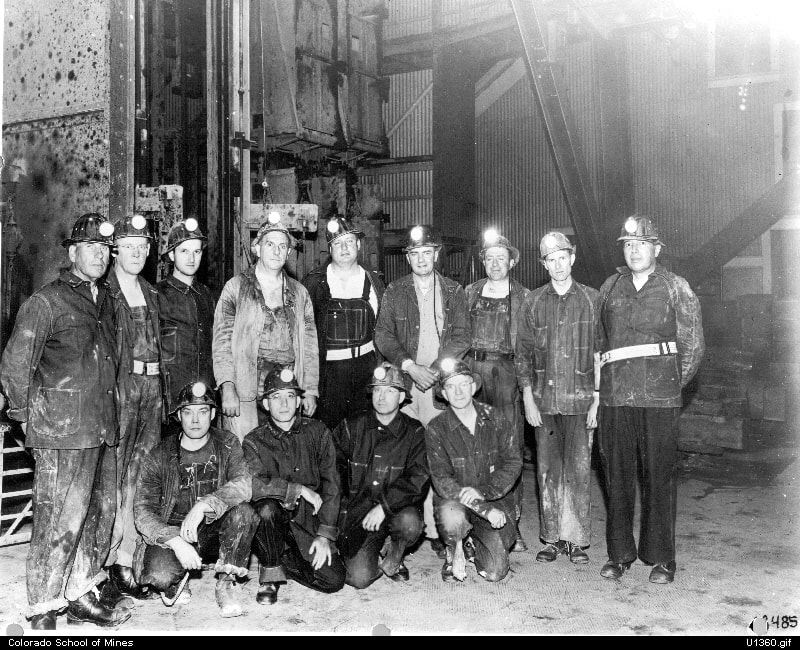 It's a natural question. Three hundred pages is substantial. I worked on Chapter 7 by far the longest. My curiosity about labor/management struggles at Magma Copper Company got the best of me. And well it should because I've known so many individuals - some are close friends - who lived the experience themselves. That chapter took several months to write from start to finish. I had to research it, including with three of the principals, because I had only bits and pieces of memory to fall back on. One that I thought was indelible - a labor rally half a block from our Oracle home - turned out by a couple of years to have happened later than I first thought. Much of the story might qualify as "original research", based as it was on recollections of participants in key events, including several not reported in the media. If you read Sometimes David Wins, you'll see how my family history connects directly with Chapter 7's storyline. And there's a lot more to it for me - living next door to the largest underground copper mine in the country, experiencing the pluses and minuses of that proximity, identifying with both labor and management at different points and spending much time in nearby San Manuel during its heyday. San Manuel, built from the ground up by Del Webb at the behest of Magma Copper Company, lays claim to being the last true company town constructed in the USA. 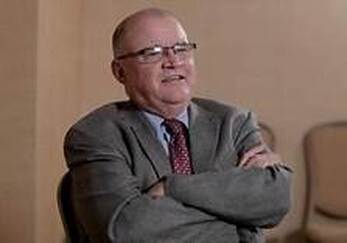 Perry Perkins Perry Perkins The book works! It is about organizing as an approach to significant change. It lifts up IAF in a thoughtful and non-boosterish way. Your treatment of Ernie is respectful, appreciative and yet not over the top. I like the Vegas chapter a lot. Teaches the complexity of building an effort and learning in place. In this chapter and throughout the book the primacy of leaders is clear. You as an actor attempting to act with integrity in a world of outward and inward complexity is well done. I think it teaches action/reaction well. I will give it more thought. Love the Harding chapter! It and the culinary union leader story teach how what Ed called “the mixing of spirits” can happen quickly with depth and authenticity in a meeting well done. I will buy at least ten. - Perry Perkins
|

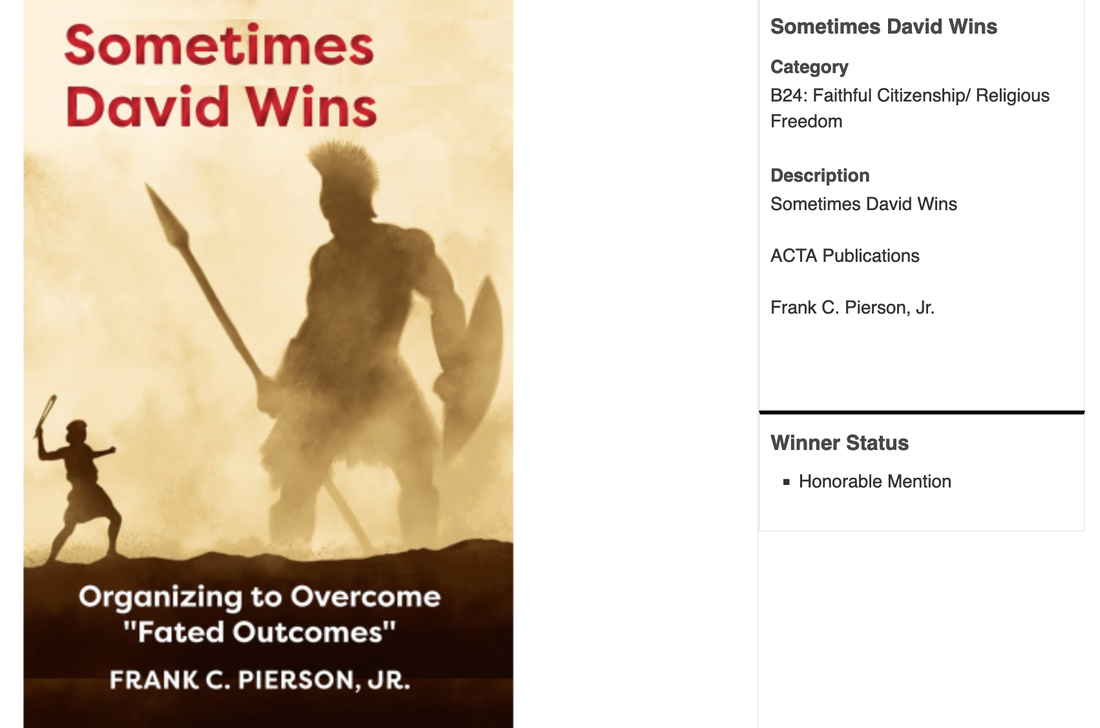
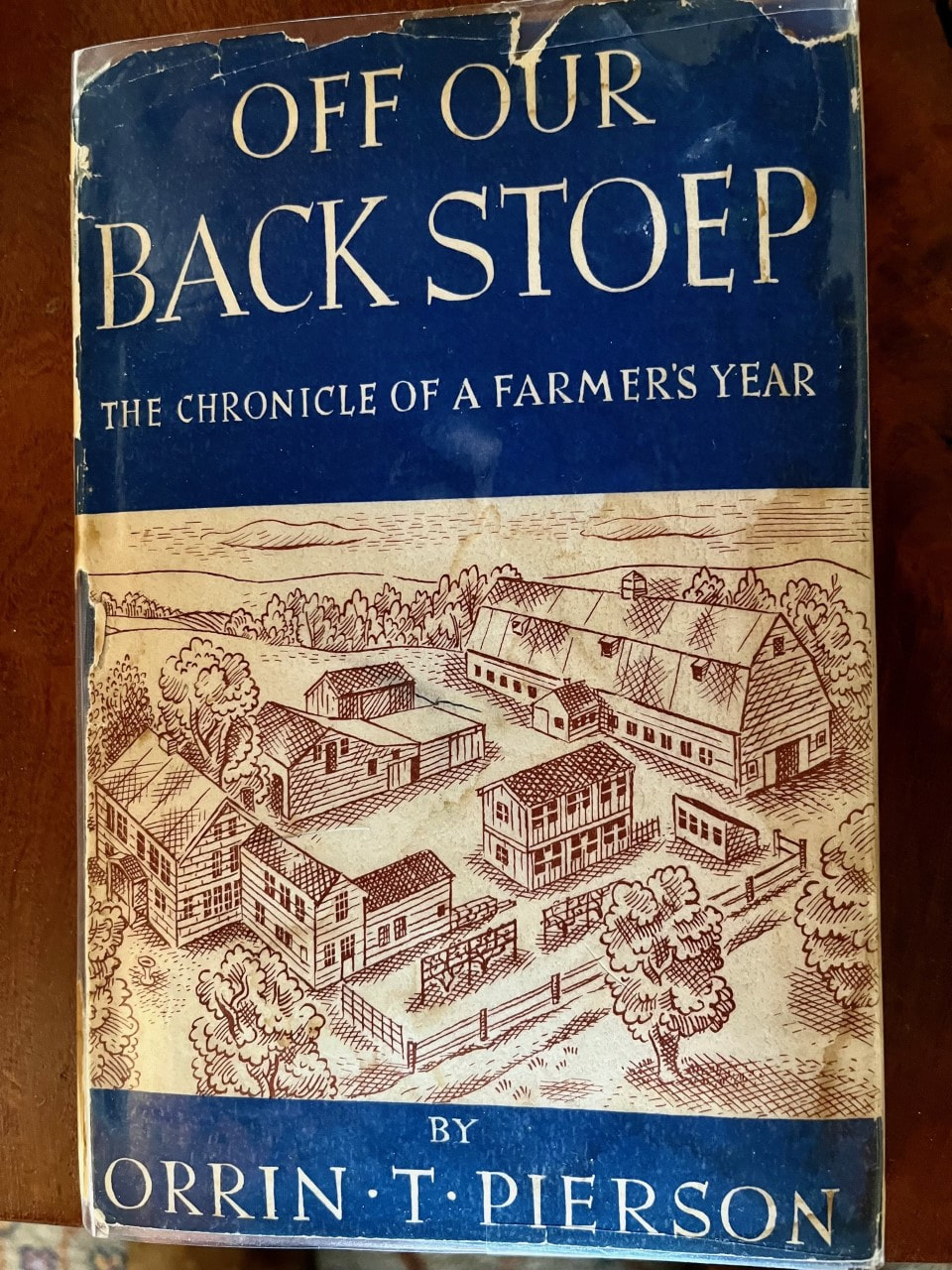
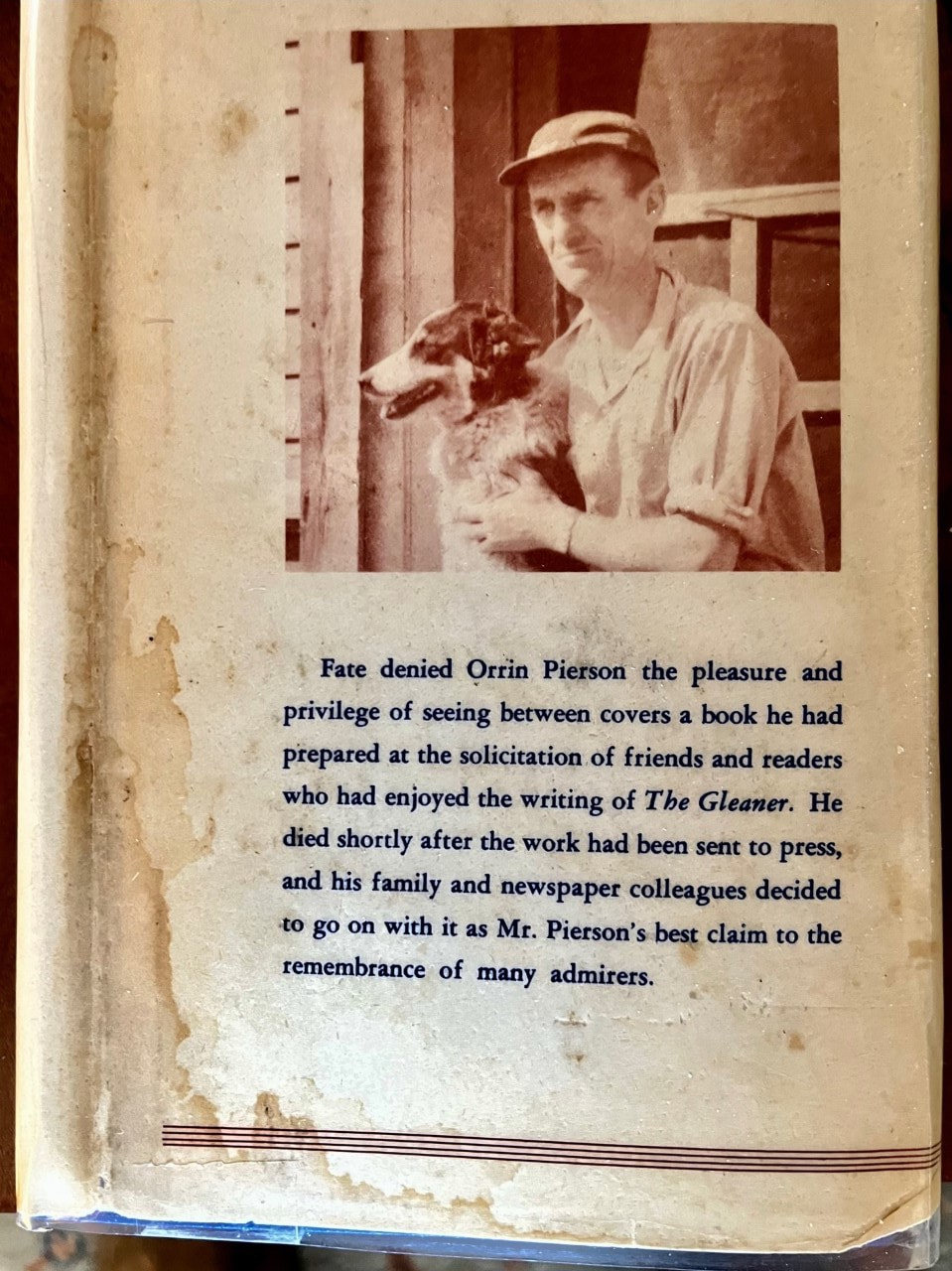
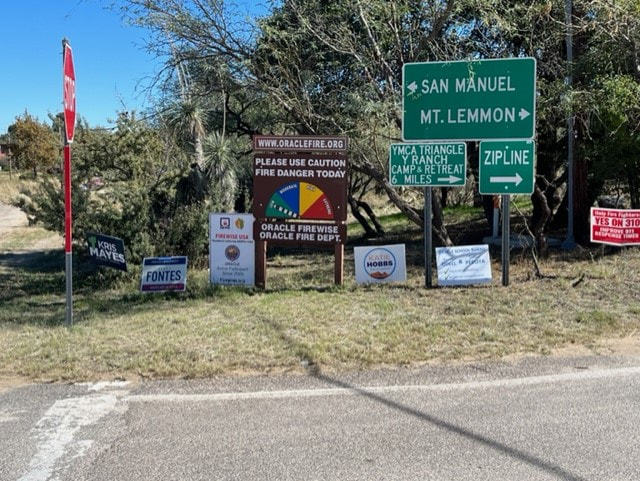
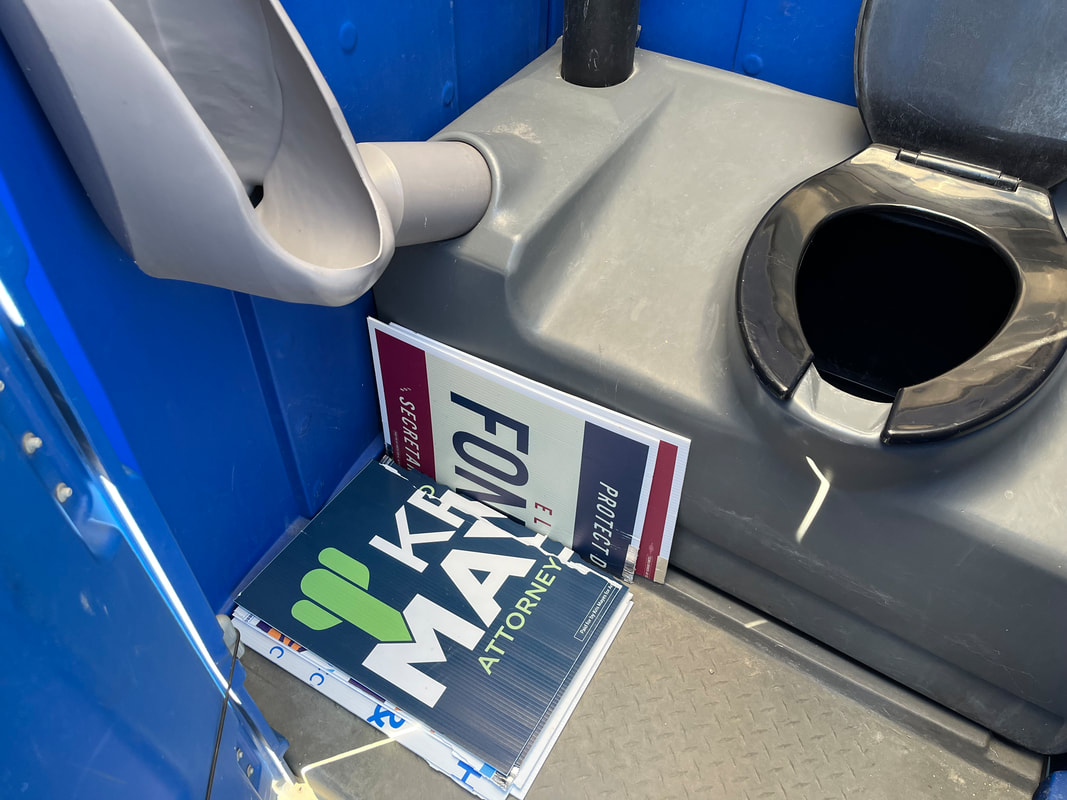
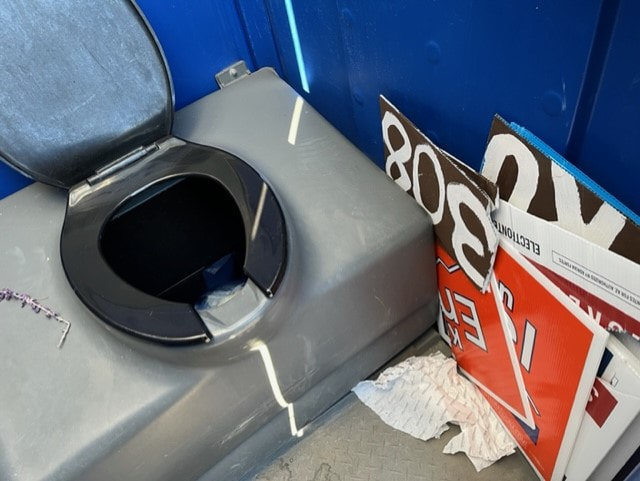
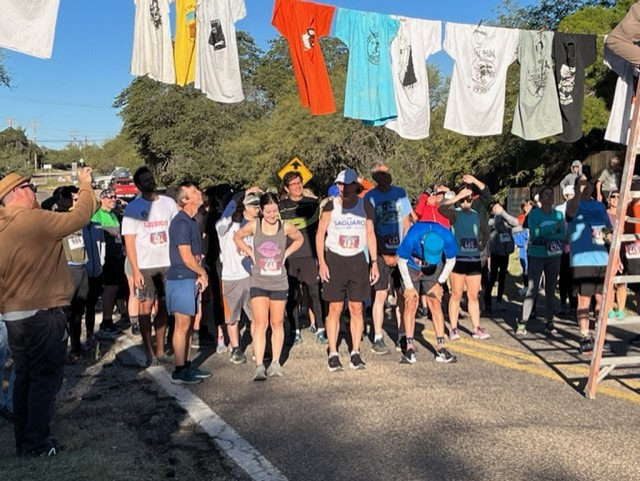
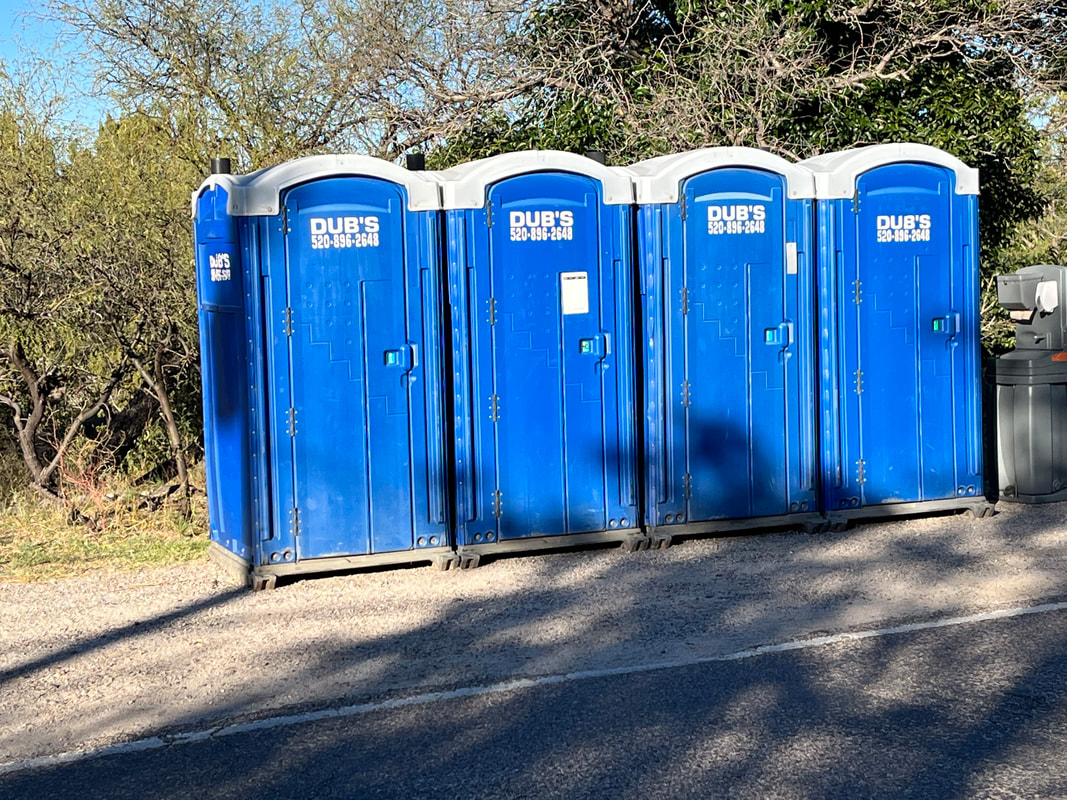
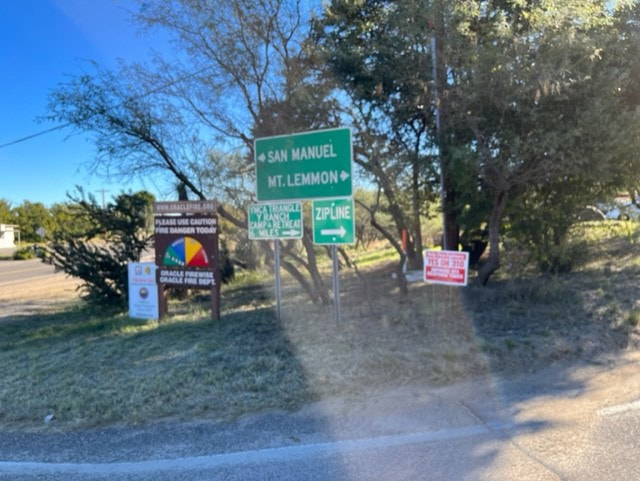
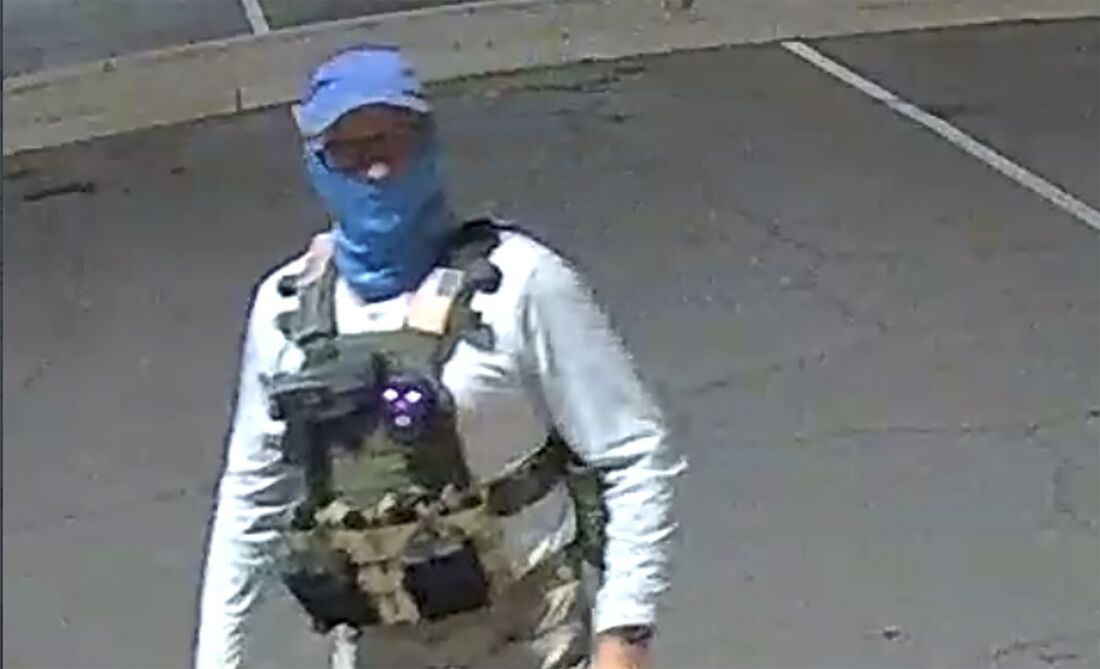
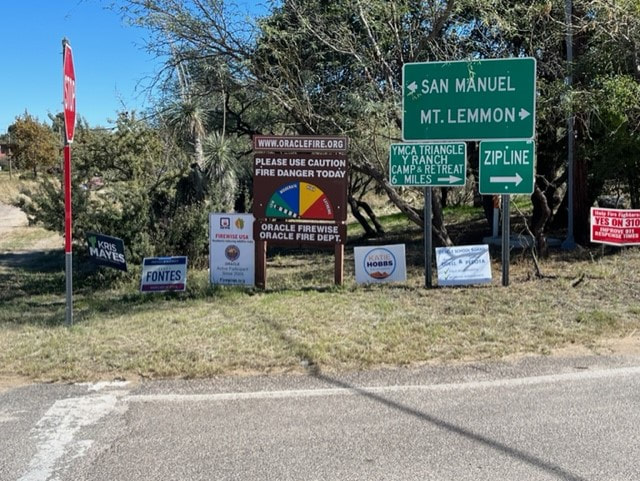
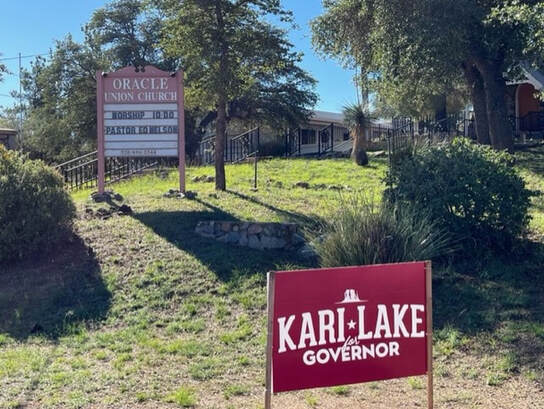
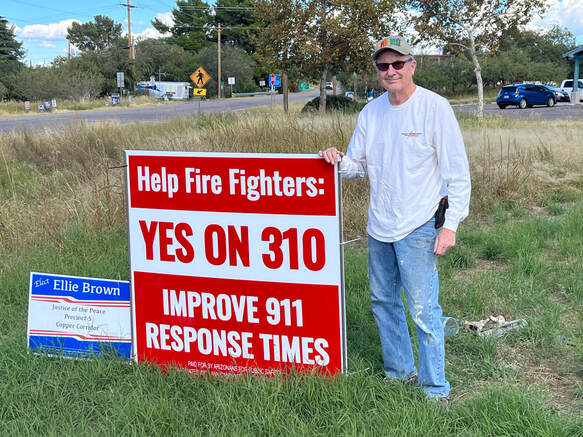
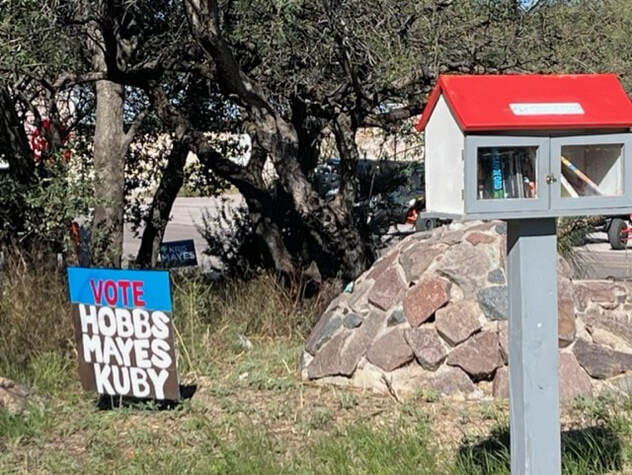
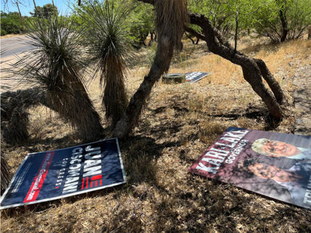
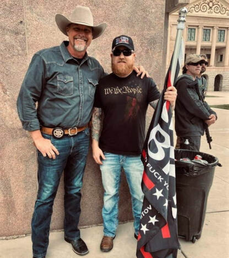
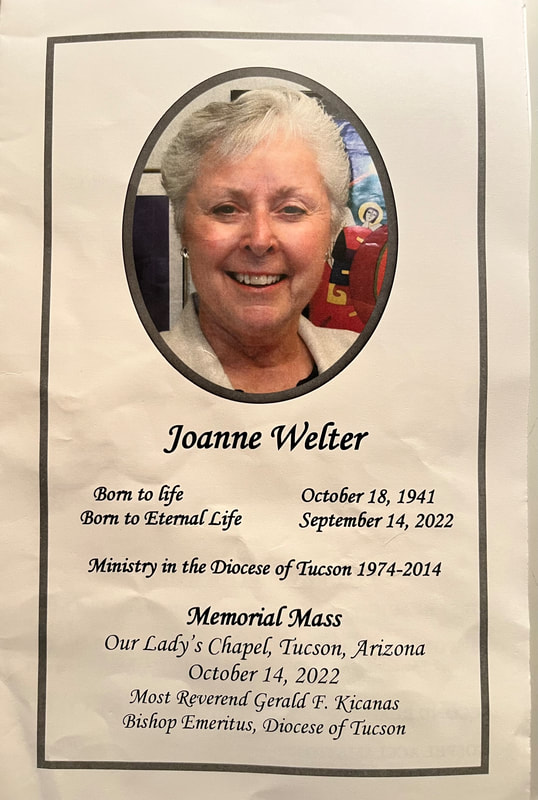
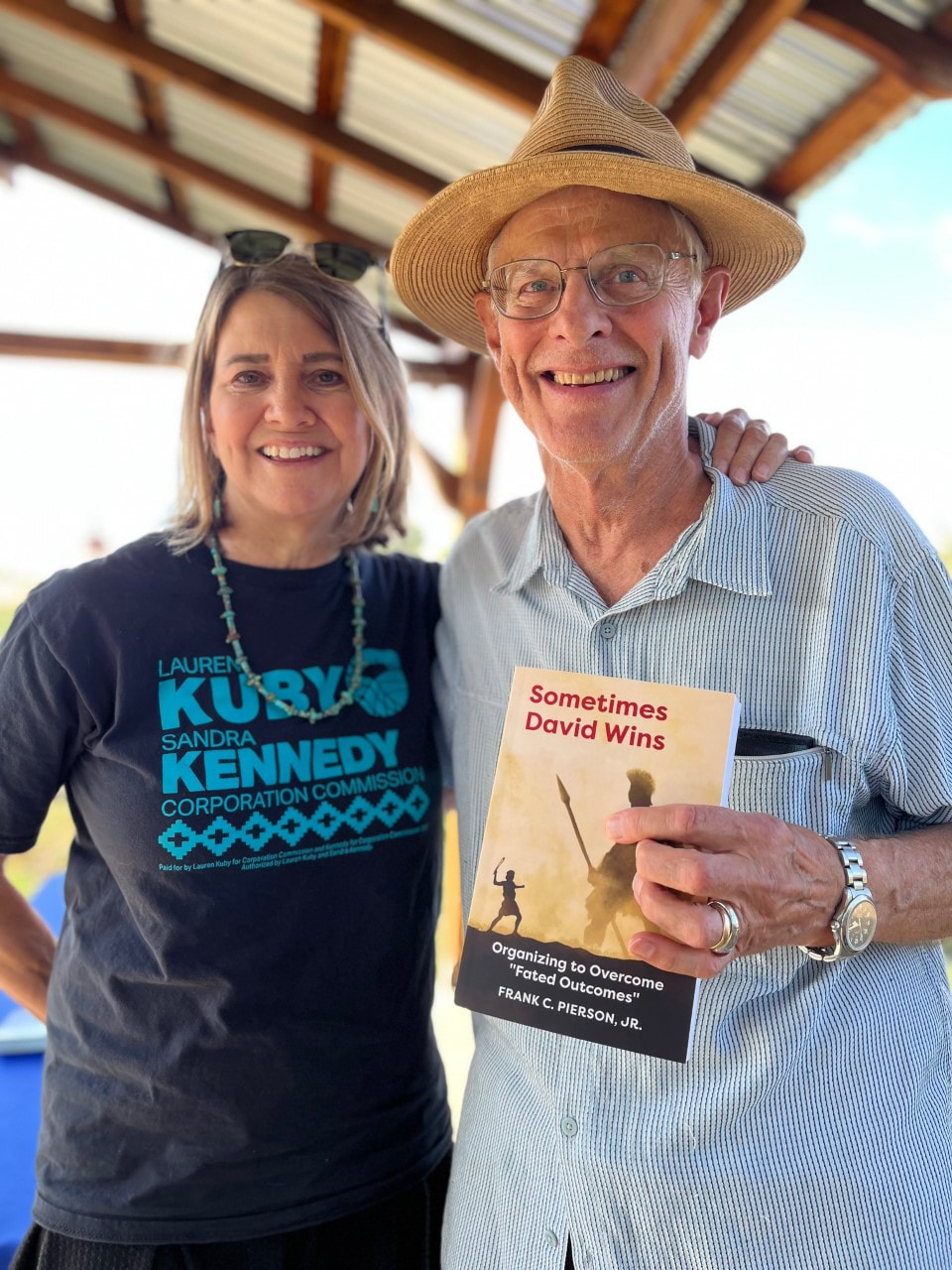
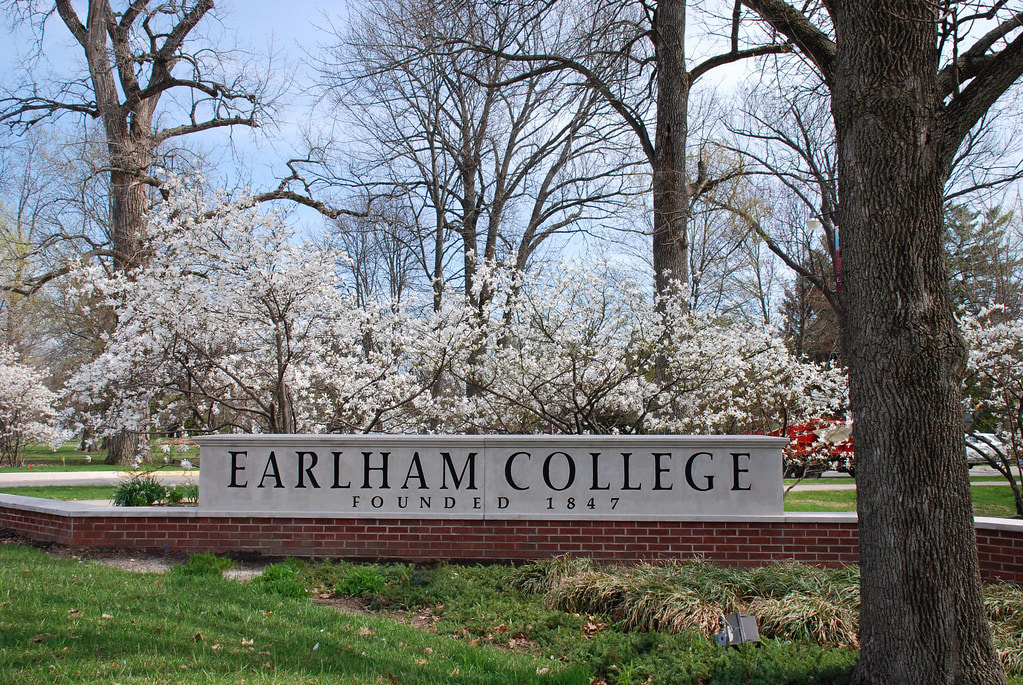
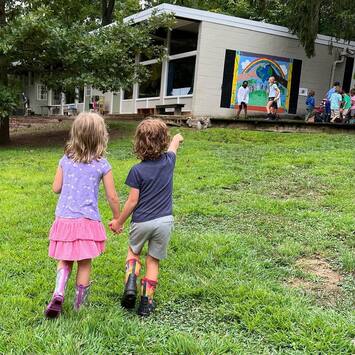
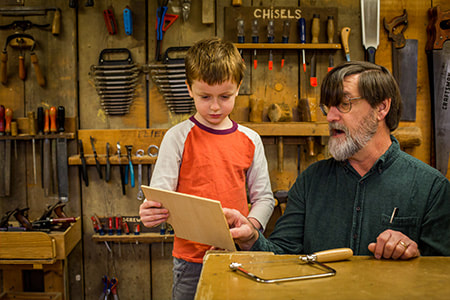
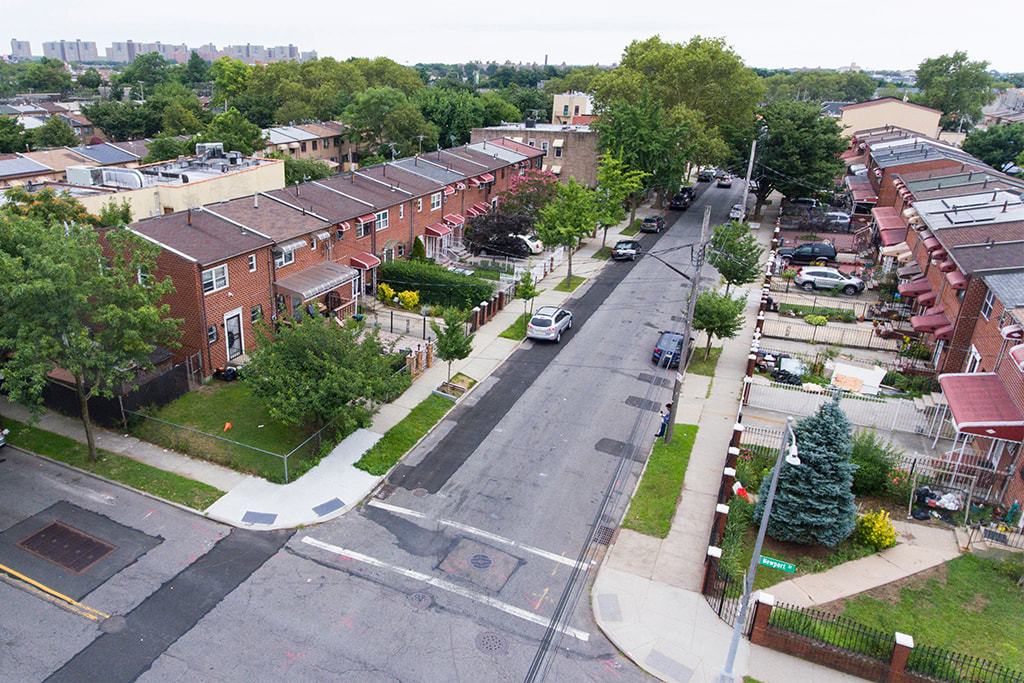
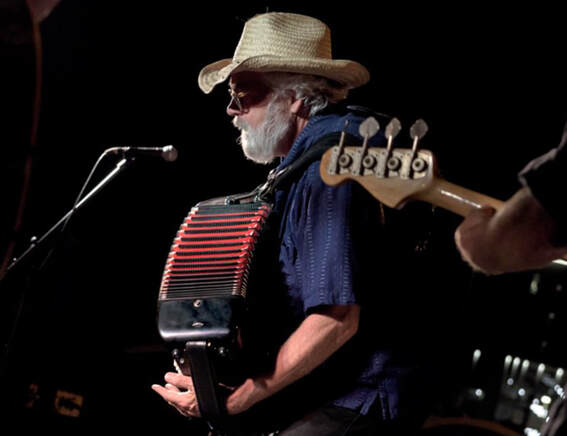
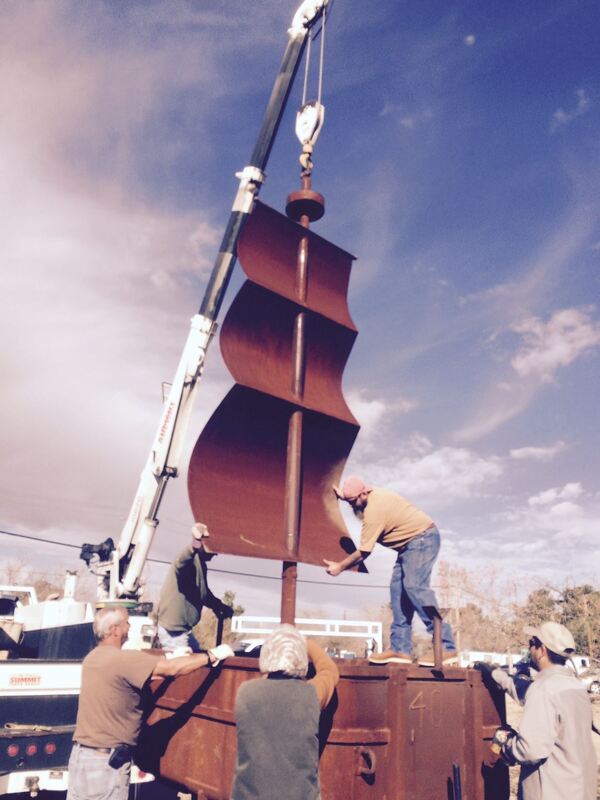

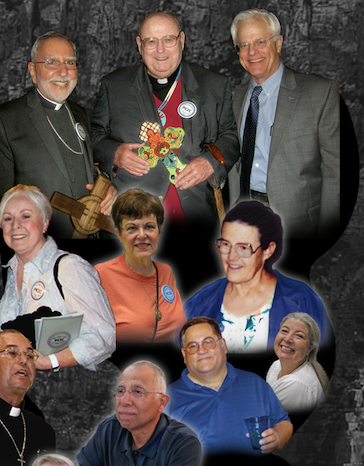
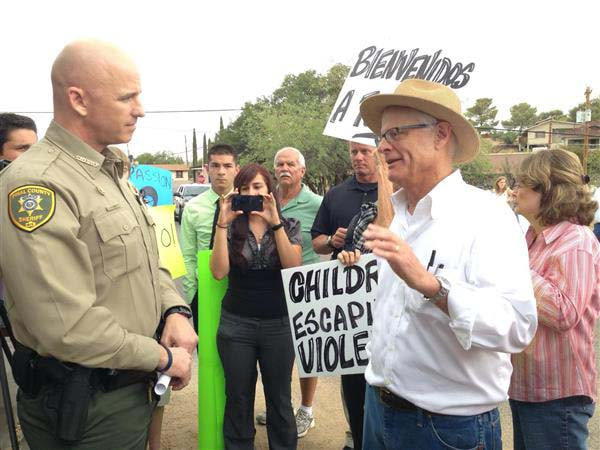
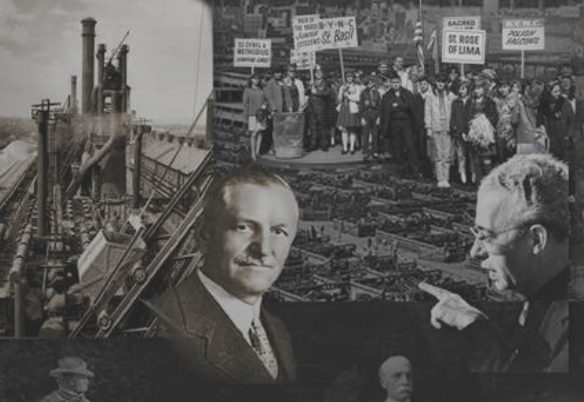
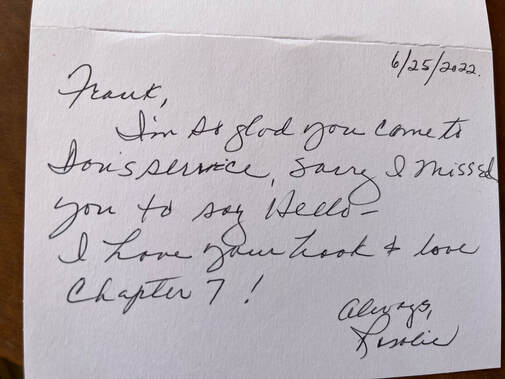
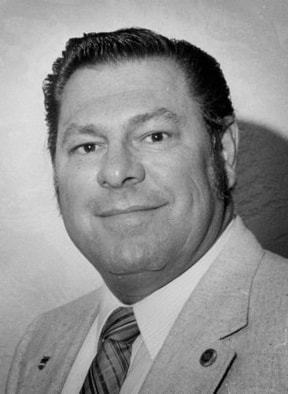
 RSS Feed
RSS Feed